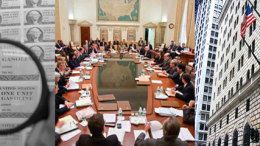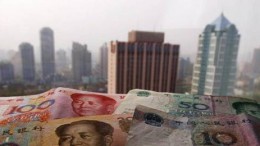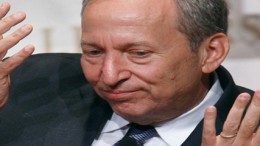Happy 100th Birthday, Fed!
NEW YORK | By Ana Fuentes | The U.S. Federal Reserve has been the talk of the town for weeks because of the tapering soap opera. But how much do we really know about the central bank on its centennial anniversary? An exhibit called “The Fed at 100” opened this Wednesday in New York, aiming to explore the Fed’s pivotal role throughout the history of American finance. And -that’s what we preferred- its response to economic crises.






